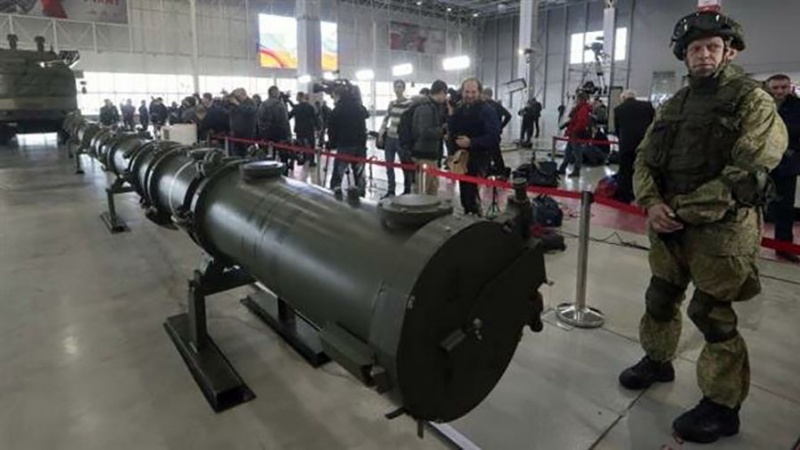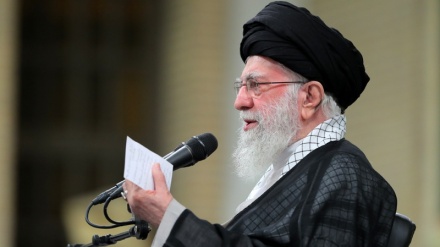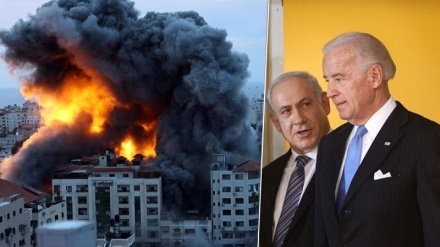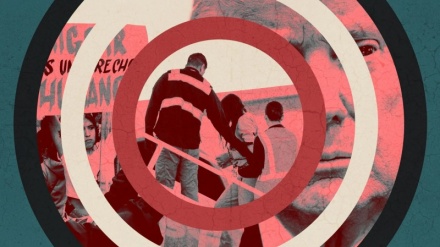Russia says will respond to NATO moves over INF abolition
-

A Russian military serviceman stands near the Iskander M missile
Russia says it will respond in kind to any measure by the US-led NATO military alliance over Moscow’s decision to suspend a 1987 nuclear missile treaty with the US, ahead of a NATO summit to consider how to deal with the issue.
Russian Deputy Foreign Minister Sergei Ryabkov made the remark on Wednesday after the Western military alliance called on Moscow to destroy a new missile system that the US claims would be capable of staging a short-notice nuclear strike on Europe in violation of the Intermediate-Range Nuclear Forces (INF) Treaty, RIA news agency reported.
NATO reportedly gave Russia a final warning on Tuesday to destroy the missile system or witness countermeasures by the alliance.
Defense ministers from the 29 members of the alliance are to hold talks on Wednesday in Brussels to discuss their response should the INF fall apart as expected in early August.
It was, however, the US that first pulled out of the INF. US President Donald Trump announced earlier this year Washington’s intent to withdraw from the 1987 treaty, which eliminated an entire class of nuclear-tipped missiles with a range of between 500 and 5,500 kilometers. Russia suspended the deal in response to Trump’s decision.
NATO diplomats admit that the INF is now all but dead and have turned their attention to how to react to the alleged breaches of the deal by Russia. Moscow denies it has been in violation of the deal.
NATO Secretary-General Jens Stoltenberg said on Tuesday the alliance would begin to prepare a “defensive, measured and coordinated” response to Russia if it failed to heed demands to return to compliance with the INF.
“We call on Russia to take the responsible path — but unfortunately we see no indication that Russia intends to do so,” Stoltenberg added. “We must ensure that our deterrence and defense remain credible and effective. This is NATO’s job.”
The development comes just over a week after Russia rejected as “unfounded” repeated US claims that accuses Moscow of conducting nuclear tests beyond the “zero yield.”
Meanwhile, another arms control treaty, New START, is due to expire in 2021 unless Washington and Moscow agree to extend it for another five years.
EA


